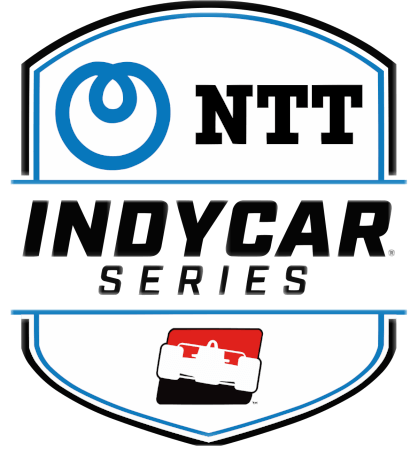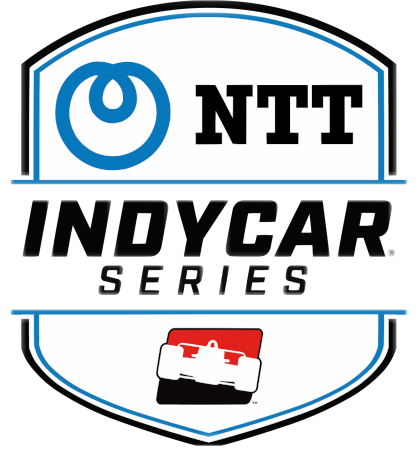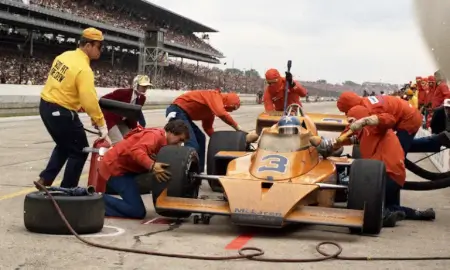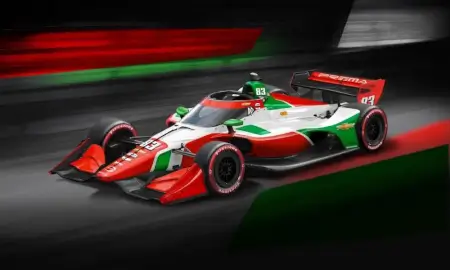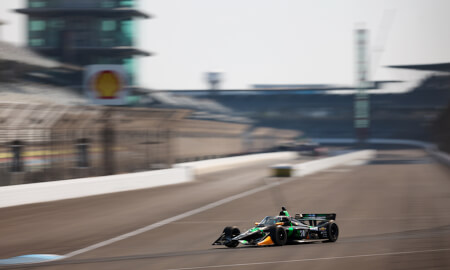February 26th 2024
IndyCar completes successful hybrid test
Four cars and 12 drivers took part in the NTT IndyCar Series’ latest hybrid powertrain test across three days at Homestead-Miami Speedway’s roval, and like the last test at the same track, the news coming out of southern Florida was extremely positive.
With the familiar Chevrolet testing teams of Arrow McLaren and Team Penske joined by Honda’s Andretti Global and Chip Ganassi Racing, the foursome deployed different drivers in each car each day, and all totaled, another 1,202 laps—largely trouble-free—were completed and added to the 1,446 laps produced during the three-day January 29-31 test at Homestead-Miami.
Testing new software for the motor generator unit and the supercapacitor energy storage system created in a partnership between Chevy and Honda was a significant focus during the newest test.
Combined, 5,852 miles of hybrid testing has been logged in recent weeks and, barring a few minor glitches, the widespread running continues to be hailed as a major success.
“We didn’t have any big issues, which makes that two hybrid tests in a row that have been that way,” Andretti Global’s Kyle Kirkwood told RACER. “There were a couple of little software gremlins from new stuff that they’re trying, which is normal. Anytime you try something new, it’s not ever gonna work identically to what you expect it to do, so that was handled pretty quickly and everyone got on with their business.”
In a short period of time, Andretti’s two-time race winner says IndyCar’s hybrid testing has become rather boring, which is a good sign. Most of the tests last year were fraught with problems and failures with the ERS units. Through six days and nearly 6000 miles of running with the latest specification of the MGU and ESS, zero failures have occurred.
In a short period of time, Andretti’s two-time race winner says IndyCar’s hybrid testing has become rather boring, which is a good sign. Most of the tests last year were fraught with problems and failures with the ERS units. Through six days and nearly 6000 miles of running with the latest specification of the MGU and ESS, zero failures have occurred.
“None so far, and we were really just logging miles and logging more miles and nothing really remarkable to report there, honestly,” Kirkwood added. “That said, they had a lot of new people there from both manufacturers, and they’re at a point now that they’re comfortable with the program that they have in place with the hybrid unit.
“It wasn’t like there was any ‘lightbulb’ moments this time. I feel like we’ve already got past a lot of those and they’re just refining the system. Honestly, they’re doing changes nonstop to the hybrid; every single run they tried something different and I almost never felt a change, which to me means it’s a good thing because they’re just running through confirmation checks on everything. In every scenario it was all working fine and just kept going. Nothing caught us off guard.”
Testing of the ERS units will continue later in March on the Indianapolis Motor Speedway’s road course. Other venues, including ovals, will be visited by the hybrid test teams before the systems are introduced in competition this summer. Taking into account how well the first and second tests have gone, Kirkwood, who was there for some of the rough tests in 2023, is a big advocate for the technology and how well it’s performing in 2024.
“The feeling is that it’s a safe and good product that we can put on track right now, which I think is why the manufacturers are starting to bring in a lot of new engineers to get them up to speed on the hybrid stuff and all the new gadgets and toys that they have to play with on their computers while we’re running,” he said.
“That was only the real difference compared to the previous tests. Yes, there is new software. Yes, they had a couple little gremlins early on, but once they got past that, everything was smooth sailing, just like it was at the previous test for us. We’re now just pounding around doing laps. That’s super encouraging for everyone, I think.”
For more information: www.racer.com
For more information: www.racer.com
